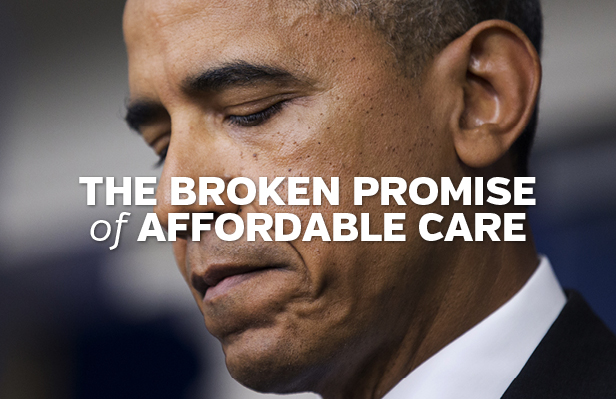Media

Small Increases Expected on Pa.’s Exchange
Pennsylvanians who purchase health insurance on the Exchange will finally get some relief from years of premium hikes. Pa. Insurance Commissioner Jessica Altman announced they expect an average premium rate increase of just 0.7 percent for 2019. That's welcome news after years of premium increases over 10 percent, including hikes around 30 percent in 2017 and 2018.
At this point, a Philadelphia family of four with a basic plan in 2013 now pays 5 times more in 2018. Basic plans for a 27-year-old in Pittsburgh have nearly quadrupled in six years.
On a somewhat brighter note, residents in the southeast will finally have a choice in insurers, as Gesinger and Pennsylvanian Health & Wellness (a subsidiary of Centene) begin to offer insurance plans. An additional choice of insurer has also been added in several northeast and central counties. The added competition is encouraging, but the benefits of competition are severely muted under the Affordable Care Act's (ACA) strict rating criteria and benefit mandates.
Premiums and out-of-pocket costs continue to be far higher post-ACA. Next year’s gently increasing premium rates follow years of outrageous hikes. And although 0.7 percent is the average increase, filings show some UPMC plans could see rate hikes in the neighborhood of 20 percent.
Thankfully, there is an appetite to move away from the ACA's heavy-handed approach. The Health Care Choices Proposal (unveiled earlier this month) opts for replacing the ACA's convoluted subsidies with state block grants to protect those with pre-existing conditions and low incomes while still bolstering private markets. It's a narrow reform effort, but it would be a marked improvement from Medicaid expansion and exchanges with constantly rising premiums.
Pennsylvanians have felt the impact of the ACA on their insurance premiums for too long. Hopefully Congress will take action soon, and in the meantime state lawmakers can mitigate the negative impacts through Medicaid reform and improving access with occupational licensing reform. In future years the Exchange may even see lowered premiums, not just less-raised ones.